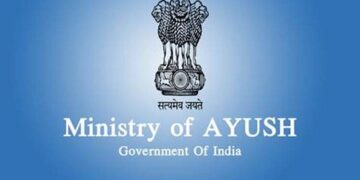By Health In Five Writer
In a move towards ensuring safer pharmaceutical practices, the Indian Health Ministry has banned 14 fixed-dose combination (FDC) drugs. This decision was based on the recommendations of an expert committee, which found no therapeutic justification for these FDCs and suggested that they may pose a risk to humans.
The Banned Drugs
The banned drugs include combinations used for treating common infections, cough, and fever. Some of these combinations include Nimesulide + Paracetamol dispersible tablets, Chlopheniramine Maleate + Codeine Syrup, and Amoxicillin + Bromhexine, among others.
The Health Ministry’s notification stated that the prohibition of the manufacture, sale, or distribution of these FDCs is necessary in the larger public interest. This move underscores the need to regulate drugs that can potentially harm human health.
Understanding FDC Drugs
FDC drugs contain a combination of two or more active pharmaceutical ingredients (APIs) in a fixed ratio. In 2016, the Indian government banned the manufacture, sale, and distribution of 344 drug combinations after an expert panel stated that they were being sold to patients without scientific data. The currently banned 14 FDCs are part of those 344 drug combinations.
These recent events underline the Indian health sector’s commitment to prioritizing public health, whether it’s through spreading awareness about critical health issues or regulating the pharmaceutical industry.
Subscribe on WhatsApp & Telegram to receive real time updates
Follow Health In Five on LinkedIn, Facebook, Twitter & Instagram







































